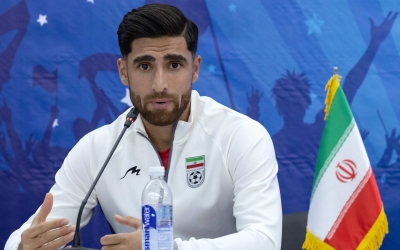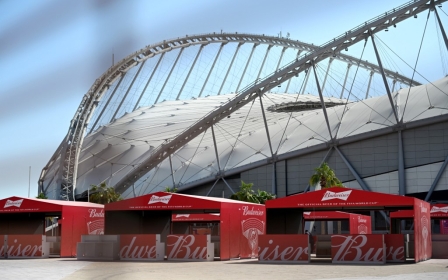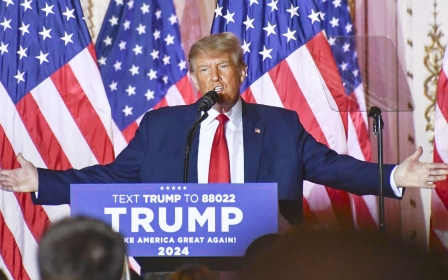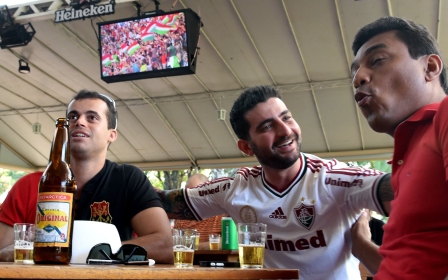World Cup 2022: BeIN denies 'fake' plan to censor LGBTQ+ and alcohol from live broadcast
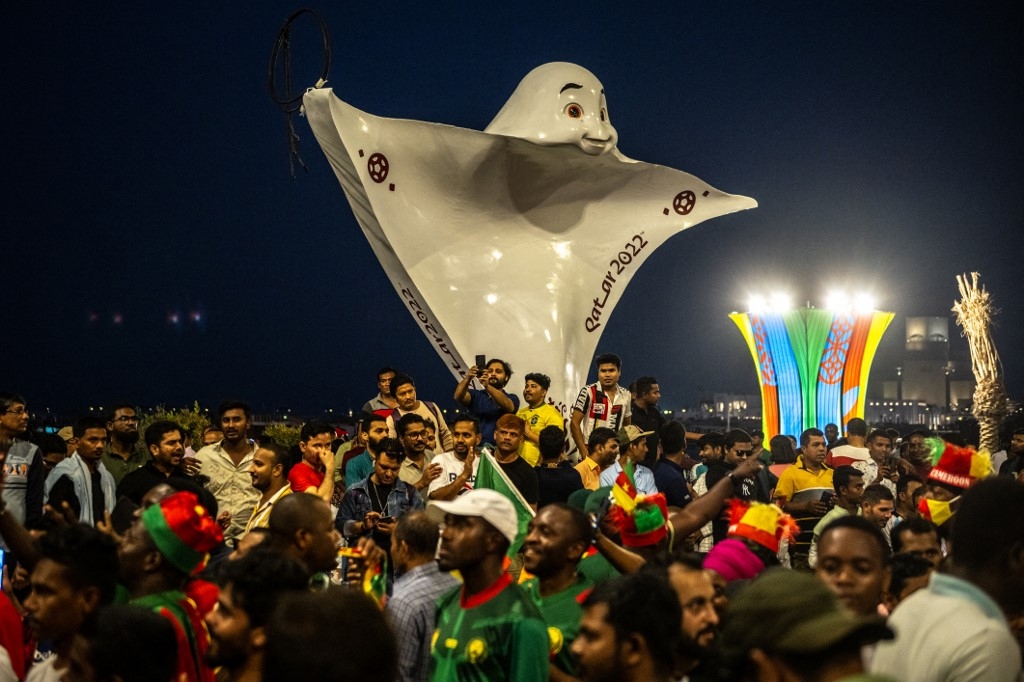
A Qatari broadcaster has denied that it had any plans to institute a three-minute broadcast delay for the World Cup matches in order to block homosexual activity or alcohol consumption and smoking.
A document circulated on social media on Friday purporting to be a directive issued to beIN Sports from the Qatar Media Corporation - the public broadcasting network - said the outlet should censor imagery that depicted "alcohol consumption or smoking" as well as "scenes that show groups or individuals of homosexuals, including their slogans, flags and everything that indicates them" and people "practicing non-Islamic religious rites or rituals, and those that indicate political or sectarian affiliation".
However, in a statement on Friday, beIN Sports denied there had been any such broadcasting regulations imposed on them and said the document was "completely fake".
"Sadly, we’re in the realm of major dis-information campaigns and attacks at the moment, which are increasingly wild but yet still covered by some media," said the statement from a beIN Sports spokesperson, which was sent to Middle East Eye by Qatar's Supreme Committee for Delivery & Legacy (SC), the body organising the event.
"To confirm – the document is completely fake.”
The document, dated 2 November, began circulating shortly after reports emerged that Qatar had decided to ban alcohol in and around its stadiums during the World Cup, which is set to begin on Sunday.
In the months leading up to the World Cup, Qatar has faced repeated controversy over its domestic laws.
Rights groups have highlighted the country's record on the treatment of migrant workers, its criminalisation of the LGBTQ+ community, and its lack of democracy.
In response, Qatari officials have said fans and the international community needed to respect the country's laws and traditions.
Though alcohol consumption is legal in Qatar, it is banned in public places and can only be bought in a limited range of hotels and clubs, where a pint of beer can cost as much as $18.
The beIN Sports document is not the first example of an apparent attempt to spread misinformation about Qatar.
Last month an infographic appeared on social media that said people visiting Qatar needed to avoid certain "behaviours" including drinking alcohol, "dating" and disrespecting places of worship (illustrated by a stick figure pointing and laughing at a mosque.)
The SC was quick to put out a statement saying that the infographic was not issued by the committee and contained incorrect information.
Middle East Eye propose une couverture et une analyse indépendantes et incomparables du Moyen-Orient, de l’Afrique du Nord et d’autres régions du monde. Pour en savoir plus sur la reprise de ce contenu et les frais qui s’appliquent, veuillez remplir ce formulaire [en anglais]. Pour en savoir plus sur MEE, cliquez ici [en anglais].


